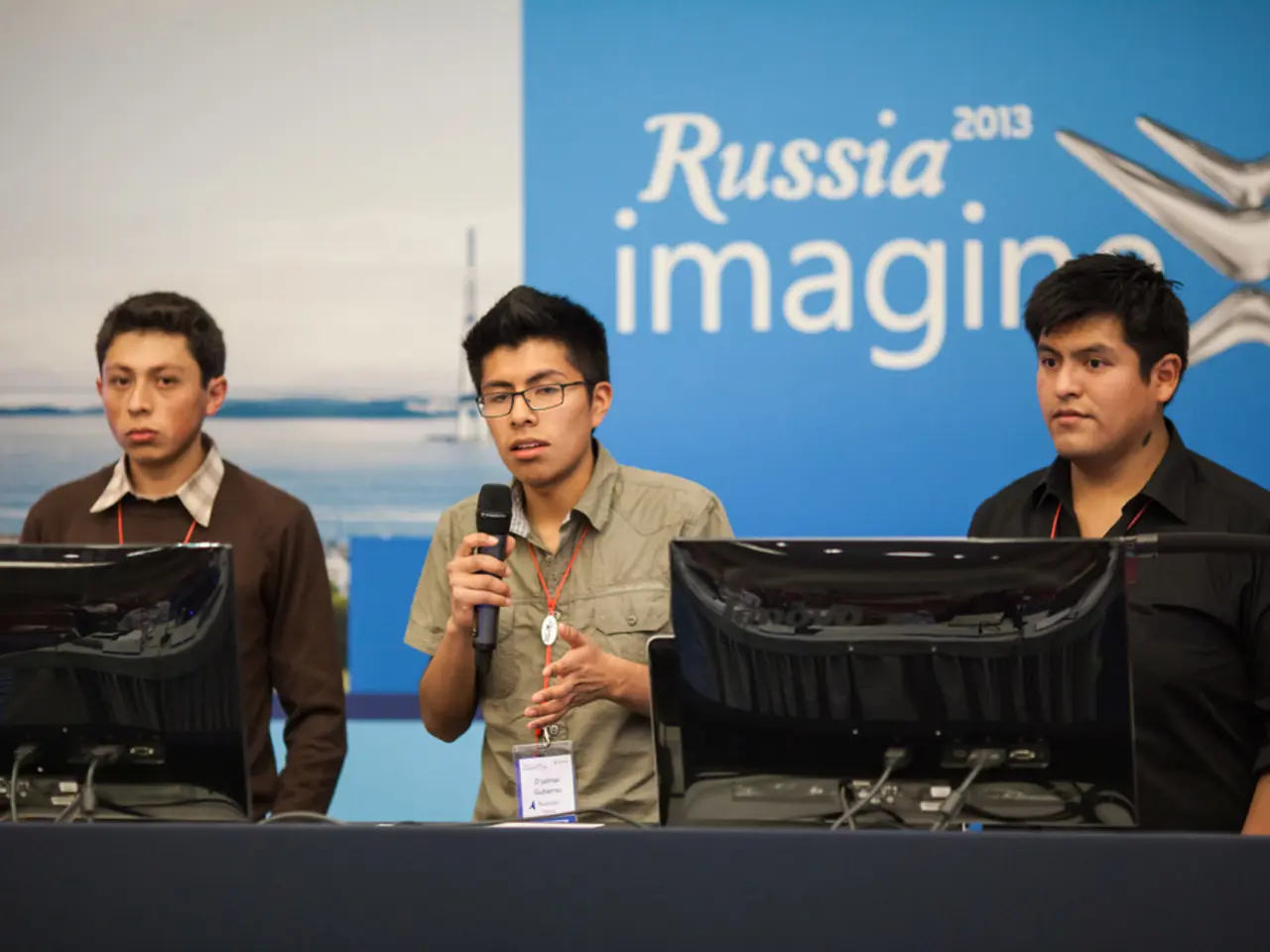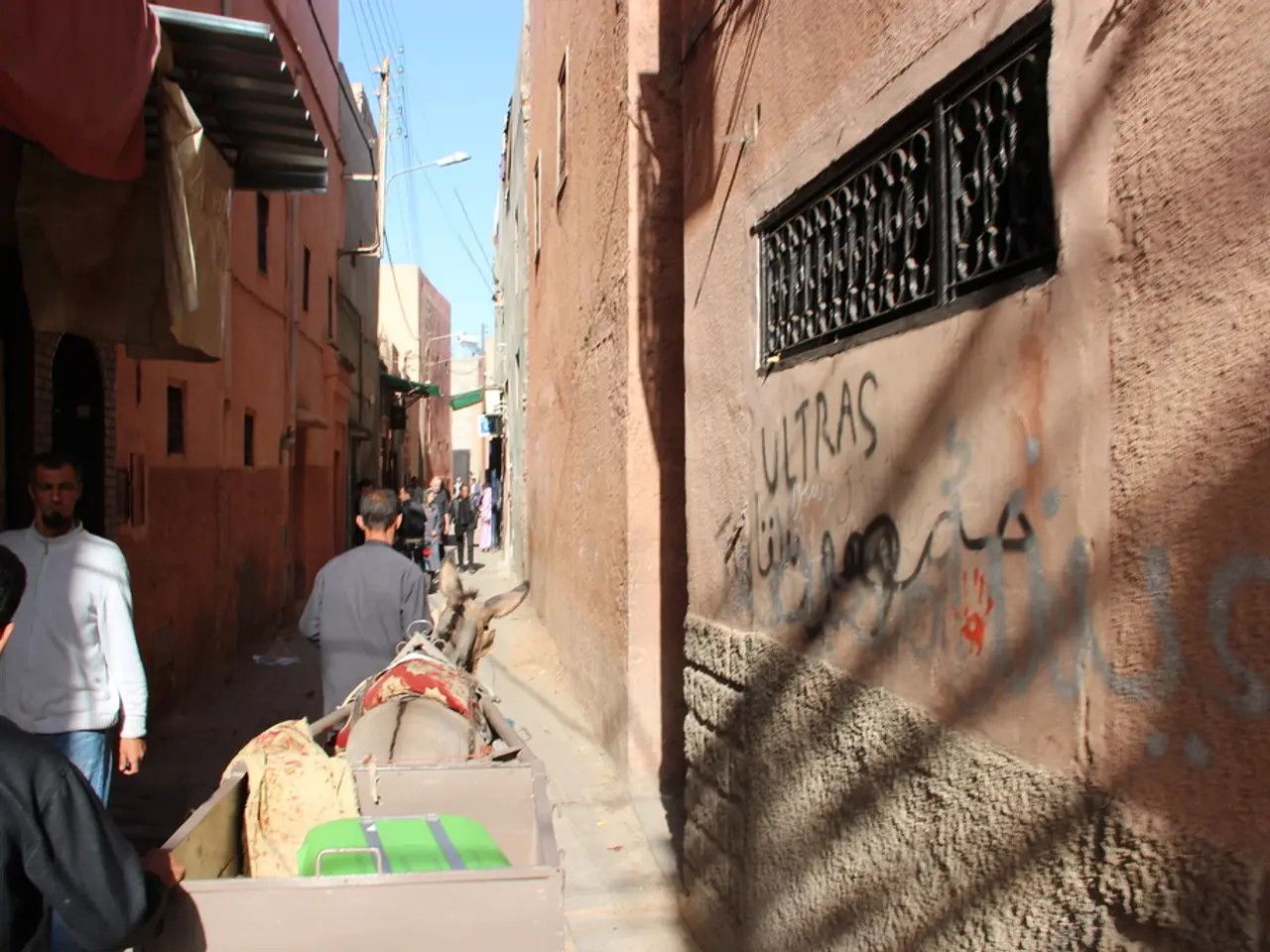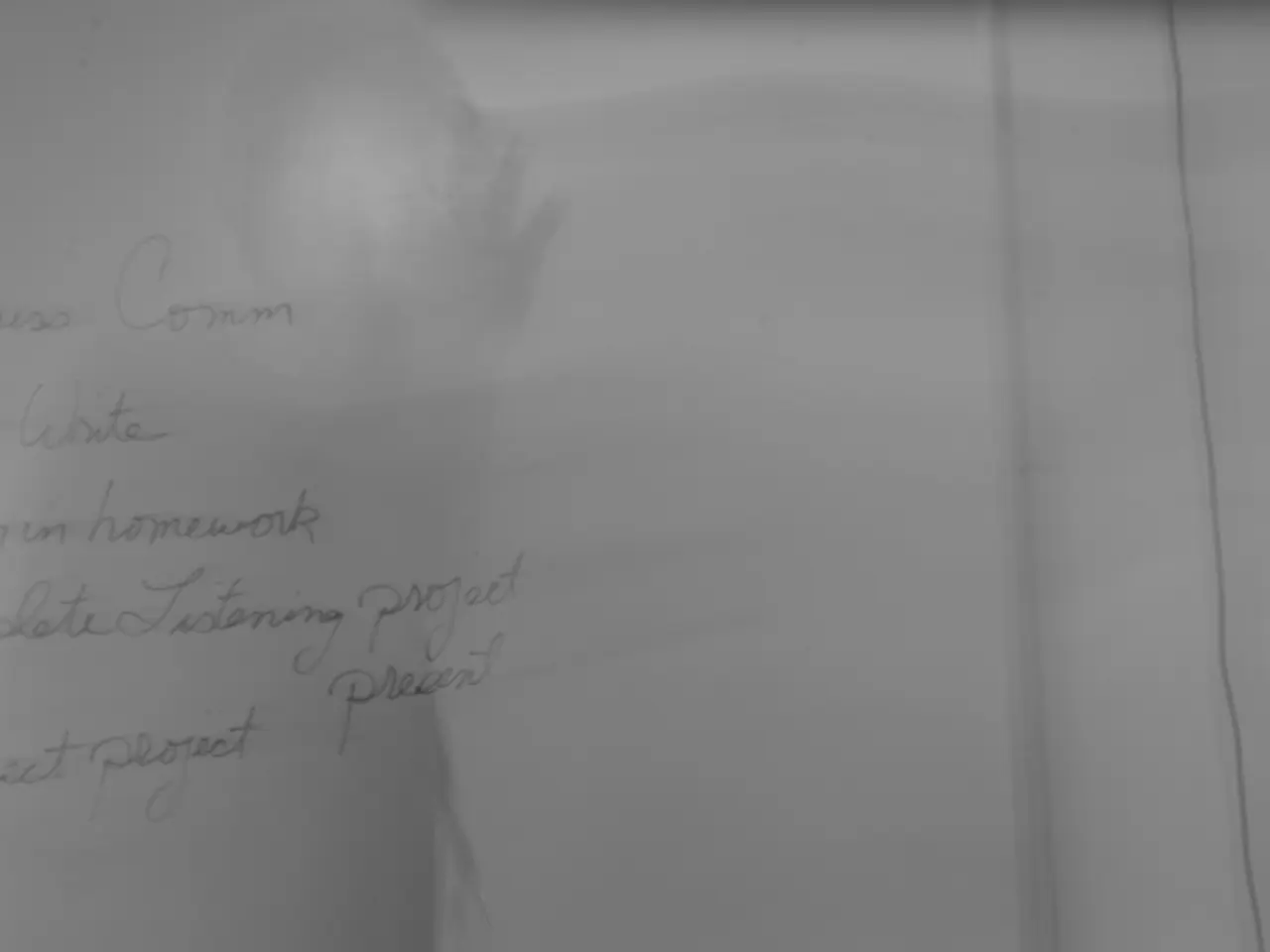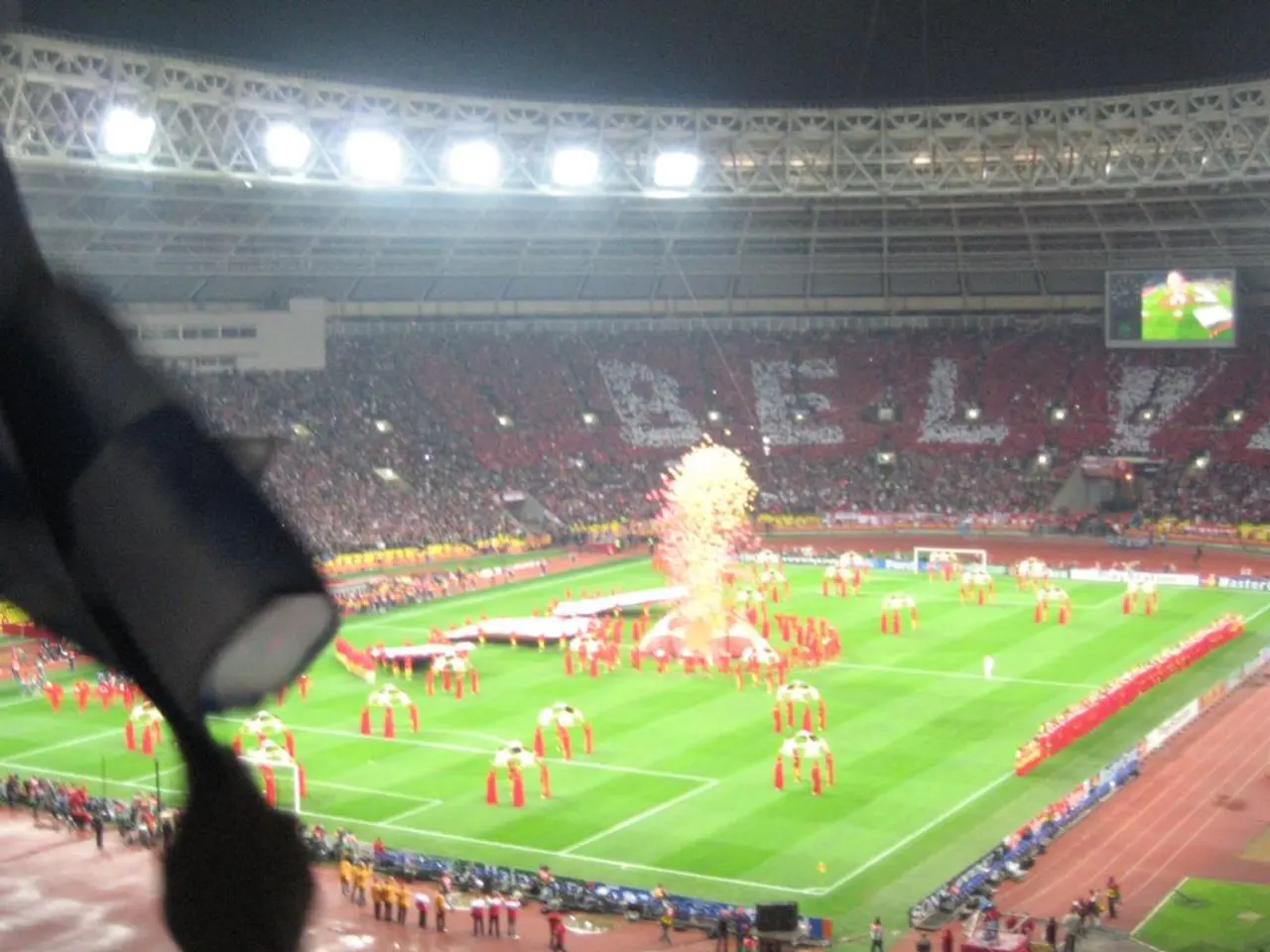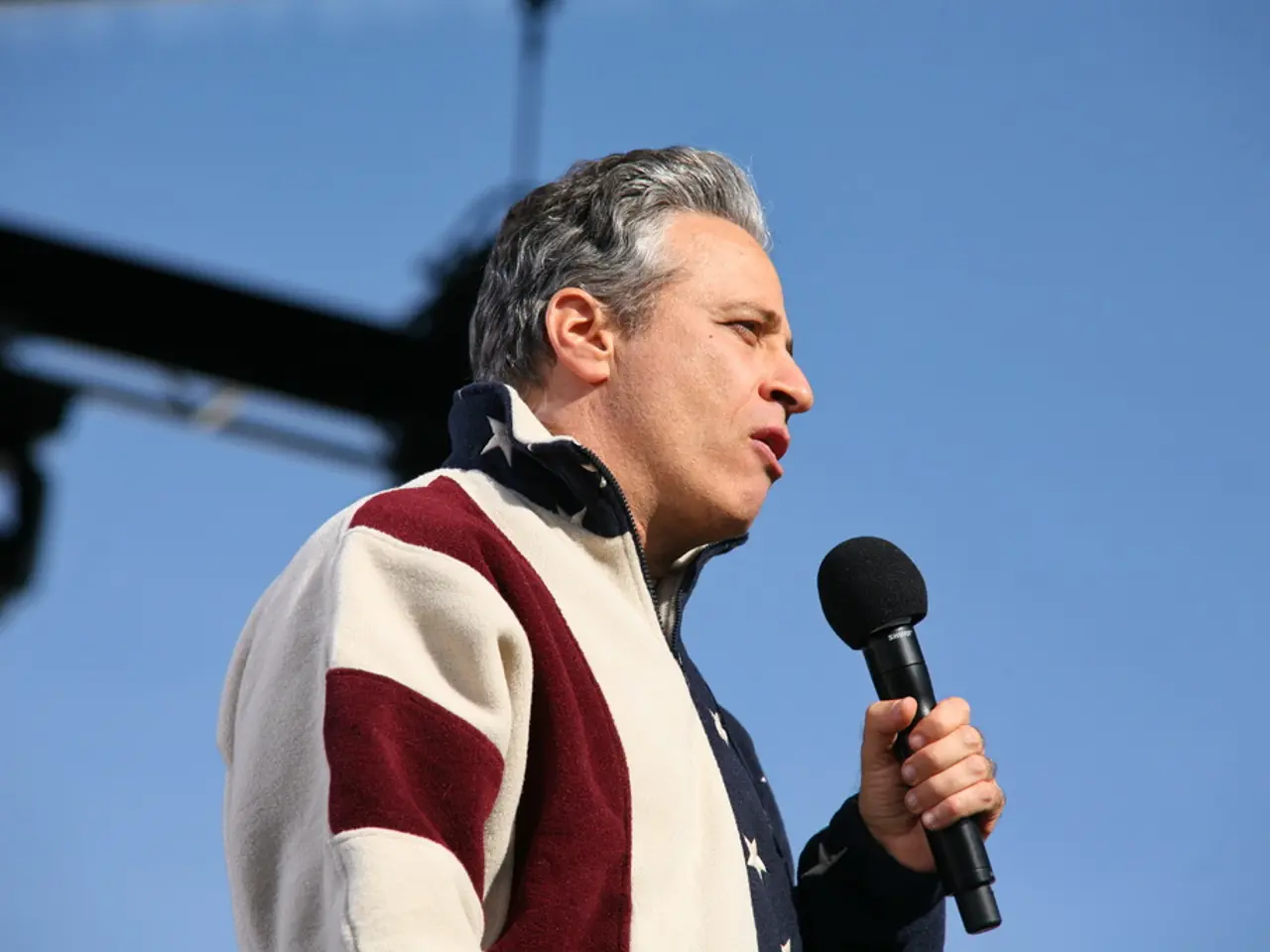Moldovan regional leader supporting Russia receives prison sentence. - Moldovan regional leader with pro-Russian leanings receives prison sentence
In the heart of Eastern Europe, Moldova is gearing up for its critical parliamentary elections scheduled for late September 2025. The elections, however, are not just a matter of domestic politics, but a battleground for geopolitical influence, with Russia trying to sway the outcome towards pro-Russian parties.
The sentencing of Governor Gutul, a pro-Russian figure in Moldova, on charges related to corruption and perceived Russian influence, is a focal point of this struggle. Gutul's case symbolises the Kremlin's broader strategy to regain influence over Moldova by destabilising its democracy and discrediting its pro-European government.
The charges against Gutul point to concerns over Russian-backed networks embedded in Moldovan politics. Authorities have identified systematic vote-buying schemes through pro-Russian channels, such as Șor-affiliated networks, and are prosecuting implicated officials as part of efforts to safeguard election integrity.
The impact of prosecuting Gutul is twofold. Domestically, it signals the government's commitment to combating corruption and Russian meddling, potentially consolidating support among pro-European voters. However, it also risks further polarizing the electorate and provoking retaliatory narratives from the pro-Russian opposition, which may allege political persecution to rally their base ahead of the election.
Moldova, currently under EU sanctions due to the governor's actions perceived as trying to overthrow the constitutional order and threatening the sovereignty and independence of Moldova, has been pushing for closer ties with the EU since President Maia Sandu's first election in 2020. The country started accession talks with the EU in 2024.
The situation in the pro-Russian separatist region of Transnistria remains delicate, while most of the 135,000 inhabitants of Gagauzia speak Russian and Gagauz, a critically endangered Turkic language. Gagauzia, another region in Moldova, follows a pro-Russian line.
The government and President Sandu have publicly warned of Russia’s extensive interference efforts, which include disinformation campaigns, vote buying, spreading fake news, funding protests, and leveraging diaspora voters abroad. The rising political tensions ahead of the elections are palpable, making the outcome of the September elections a significant indicator of Moldova's geopolitical orientation.
[1] BBC News, "Moldova: Pro-Russian Governor Gutul sentenced to jail," 2025. [2] Reuters, "Moldova's Gutul sentencing intensifies election tensions," 2025. [3] The Guardian, "Russia's interference in Moldova's elections," 2025. [4] The New York Times, "Moldova's fight against Russian-backed networks," 2025. [5] The Washington Post, "Moldova's struggle against Russian hybrid tactics," 2025.
- The sentencing of Governor Gutul, a pro-Russian figure in Moldova, on charges related to corruption and perceived Russian influence, has become a major point of contention in the ongoing geopolitical struggle, serving as a symbol of the Kremlin's broader strategy to regain influence over Moldova and destabilize its democracy.
- As Moldova pushes for closer ties with the EU and prepares for its critical parliamentary elections, the country faces increased pressure from Russia, with concerns over extensive interference efforts including disinformation campaigns, vote buying, and funding protests, potentially tilting the outcome of the September elections and influencing Moldova's geopolitical orientation.
